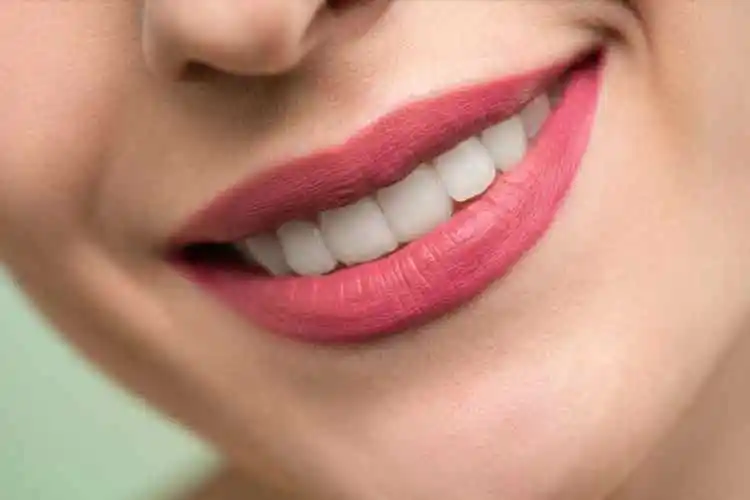Maintaining good dental health becomes more crucial as people become older. The mouth and teeth are among the bodily changes brought about by aging. Many dental problems that frequently develop as people age can be avoided with proper care and attention to oral cleanliness. As you age, these crucial pointers can help you take the best possible care of your teeth.
Regular Dental Check-ups
People of all ages should visit the dentist regularly, but these appointments become even more important as one gets older. Tooth decay, gum disease, and oral cancer are just some of the potential issues that can be identified at an earlier stage through dental checkups. Taking immediate action to treat these concerns will allow for the prevention of additional complications, which will ultimately result in the preservation of oral health long into the golden years.
Maintain Good Oral Hygiene Practices
Keeping your teeth and gums in good health requires that you practice good dental hygiene consistently. The removal of plaque and the prevention of cavities can be accomplished by using fluoride toothpaste to brush your teeth at least twice a day. Remember to floss your teeth every day to clean the spaces between your teeth and along the gum line, which are areas that toothbrushes might not be able to reach as efficiently. In addition to lowering bacteria and improving breath freshness, using an antimicrobial mouthwash can further improve oral hygiene.
Be Mindful of Dietary Choices
Diet has a tremendous impact on dental health, regardless of age. When people get older, it is even more vital to make decisions that are beneficial to their dental health and make those decisions that are nutritious. It is possible to reduce the risk of tooth decay and enamel erosion by limiting the consumption of sugary and acidic meals and beverages. Choose instead to consume a diet that is well-balanced and abundant in fruits, vegetables, lean proteins, and dairy products. These foods are rich in the nutrients that are necessary for healthy teeth and gums.
Address Dry Mouth
Dry mouth, also known as xerostomia, is a problem that affects a significant number of elderly people. This condition can be caused by several circumstances, including the use of medications, medical disorders, or the natural decline in saliva production that occurs with age. An increased risk of tooth decay and oral infections can be attributed to dry mouth being a contributing factor. Staying hydrated by drinking a lot of water throughout the day, chewing sugar-free gum to increase saliva flow, and considering utilizing oral moisturizers or artificial saliva products as prescribed by an expert are all ways to reduce the symptoms of dry mouth.
Quit Smoking and Limit Alcohol Consumption
Oral health and general well-being are negatively impacted by smoking and binge drinking. The risk of gum disease, tooth loss, oral cancer, and other severe health issues is increased by tobacco use. Similarly, tooth decay, oral cancer, and dry mouth can all be caused by alcohol. The results of dental health and general quality of life can be greatly enhanced at one age by giving up smoking and consuming alcohol in moderation.
Practice Proper Denture Care
Those wearing dentures must take good care of them to avoid discomfort, oral infections, and other issues. To eliminate food particles, plaque, and germs from dentures, clean them once a day with a soft-bristled brush and a mild denture cleaner. Dentures should also be taken out for the night to allow the gums and oral tissues to heal. To guarantee that dentures fit and operate properly throughout time, routine dental examinations are also required.
Stay Informed and Seek Expert Advice
Keeping up with the most recent developments in dental care can enable people to make educated decisions regarding their oral health as long as they remain aware of the ways that dentistry is evolving. It is necessary to consult oral health experts who can offer individualized advice and suggestions that are specifically suited to the needs and concerns of each individual. Never be reluctant to contact a dental professional for knowledgeable support and guidance, whether you’re looking for information on treatment options, preventive care, or oral hygiene suggestions.
Conclusion
Maintaining a bright and healthy smile as you age requires making oral health a priority. You can maintain optimal oral health and overall well-being throughout your golden years by incorporating routine dental check-ups, adhering to good oral hygiene practices, making thoughtful dietary choices, addressing dry mouth, abstaining from tobacco and excessive alcohol consumption, properly caring for dentures, and seeking professional advice when necessary. Recall that maintaining a healthy grin is an investment that pays off over time.

